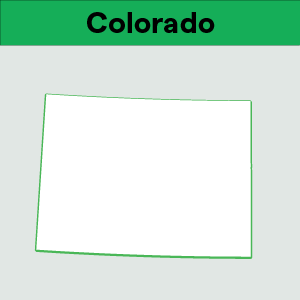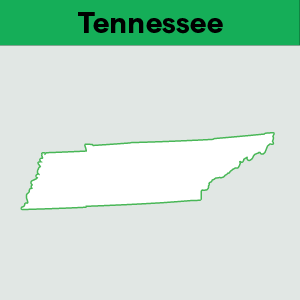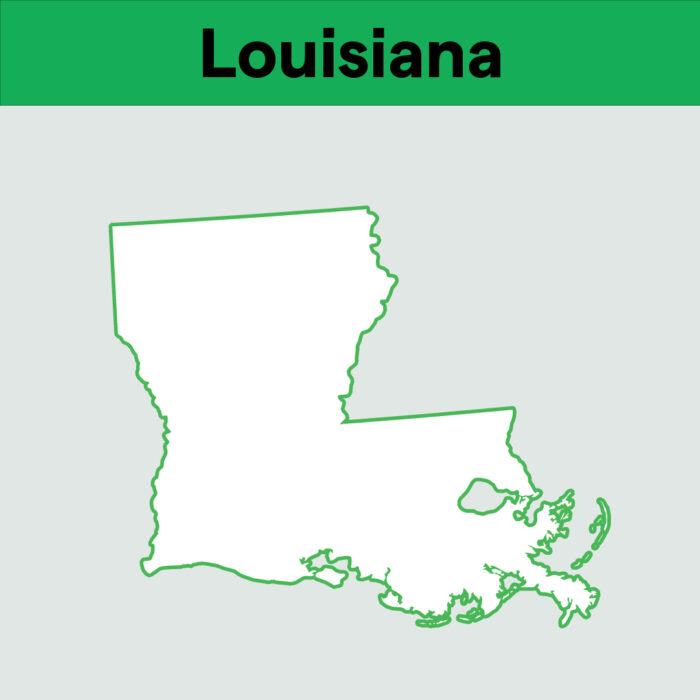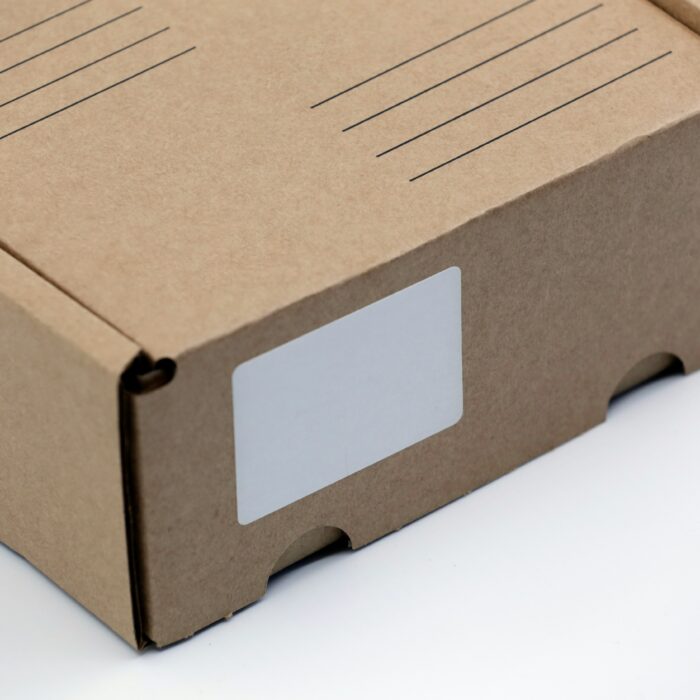Sales tax at farmers markets, explained
by January 29, 2025
If you’re getting ready to take your farm goods to the farmer’s market, here’s what you need to know about collecting and remitting sales tax.
When to charge sales tax at farmers markets
Sales tax is governed at the state level in the U.S., and states tend to view farmers market vendors just as they would any other retailer. That means they generally require that anyone selling taxable products, even temporarily at a farmers market, collect sales tax from buyers, and then periodically remit that sales tax to the state.
But “taxable products” is the operative word. Tangible personal property like handmade quilts or dipped candles are almost taxable, while grocery items are considered not-taxable in more than half of U.S. states. Let’s dig in on “when” you should charge sales tax at the farmers market.
Sales tax on grocery items
More than half of states do not consider grocery items like fruits and vegetables to be taxable. Almost all other states at least tax grocery items at a lower rate than other items. (There are a handful of exceptions, like Alabama and New Mexico, where groceries are fully taxable.)
While every state is slightly different, grocery items are considered to be foods that require some preparation before being ready to eat.
You can see a list of how your state requires you to collect sales tax on grocery items here.
Try TaxJar for free
TaxJar offers one platform to manage every aspect of sales tax compliance from calculations to reporting to filing. Try our sales tax compliance platform for 30 days, completely free with no obligation.
Sales tax on prepared foods/food ready-to-eat
But be cautious that you are not accidentally selling “prepared food.” Most states consider ready-to-eat food (such as a to-go meal you’d pick up at a restaurant or a sandwich from a bakery case) to be taxable.
For example, a whole pineapple would be non-taxable in the U.S. states that don’t require sales tax on grocery items. But a pineapple that has been cut up into snack-sized pieces would generally be considered prepared, ready-to-eat food and be subject to sales tax.
Interestingly, most states make exceptions when it comes to charging sales tax on ready-to-eat baked goods. So while a prepared chicken dinner would be taxable in most states, a muffin or croissant would not be considered taxable in most states even though both can technically be scarfed down on the spot.
We detail how states treat sales tax on prepared food in our “Is the food I sell on my food truck taxable?” post.
It’s always a good idea to check with your state or a vetted sales tax expert if you have any questions at all about how to charge sales tax on the products you sell.
Sales tax on non-food items
Of course, not all farmers market vendors sell only food. My local farmers market features everything from beeswax candles from our local apiary to hand-turned bowls crafted by a 91-year-old woodcarver who spends his market days whittling small animals when he isn’t making sales.
In most cases, “tangible personal property” is taxable. So, if you’re like many of the vendors at my local farmers market and sell non-food items, you are likely required to collect sales tax on your products.
Again, if you have any questions about whether or not the products you are selling are taxable, we recommend you check with your state or a vetted sales tax expert.
How to get sales tax compliant before selling at a farmer’s market
Now that you have determined that at least some of the goods you are selling at the farmers market are taxable, it’s time to register with the state for a sales tax permit.
If you sell your products at retail outside of farmers markets, you may already have a sales tax permit. But if you do not, be sure to register for a sales tax permit with your state before you begin making sales.
Some farmers markets will also request a copy of your sales tax permit before allowing you to rent booth space. This is because a state’s department of revenue will sometimes send inspectors around to ensure that all sales tax guidelines are being followed. Failing to comply can lead to fines and penalties or even shutting down the event until the event or vendors become sales tax compliant.
Find your state here to learn how to register for a sales tax permit.
How to charge sales tax at farmers markets
Now that you are registered with the state, it’s time to make sure you’re charging the correct sales tax rate to your customers.
When making in-person sales, you charge the sales tax rate where the sale is taking place. In this case, that would be the combined sales tax rate in the state, county, and local area where the festival is located. Your farmers market organizer should provide you with the local sales tax rate, but if they did not, you can find it with TaxJar’s handy sales tax calculator.
Don’t forget that some states either exempt sales tax on grocery items altogether, or allow for a discounted sales tax rate.
For example, in Illinois, grocery items are taxed at a 1% reduced rate statewide. In other states, like Georgia, grocery items are non-taxable at the state level, but the state allows counties, cities and other localities to impose a sales tax. So if you’re selling grocery items in Cherokee County, Georgia, you’d charge no state sales tax, but still charge the county’s 2% sales tax.
And, of course, in states like Alabama that do not make any exceptions to sales tax for grocery items, you’d still charge the full state and local sales tax rate when selling grocery food at the farmers market.
Fortunately, most point of sale systems allow you to set up sales tax collection on an item-by-item or category-by-category basis. This is especially useful if you sell some non-taxable items and some taxable items.
For example, say you sell several bars of homemade soap (taxable) and 10 ears of corn (non-taxable.) You’ll want to be sure that you only charge sales tax on the price of the soap and do not add sales tax to the price of the corn.
Can you include sales tax in the price of your farmers market products?
This depends on the state.
At a farmers market, where transactions often happen in cash, it can often be much easier to charge a flat $3 per avocado or $15 per basket of peaches rather than making change for odd amounts of money. However, some states do not allow vendors to include sales tax in the price of an item.
States that do allow this practice generally require that vendors post a sign stating that the sales tax is included in the price of the item.
Pros of including sales tax in the price include easier cash transactions and less time spent calculating tax rates and making change.
But cons include needing to do the math and figure out how much sales tax you should have collected on each transaction after the fact. No matter if you include sales tax in the price or not, the state is going to want you to remit the exact amount of sales tax you should have collected on each sales transaction.
Want to include sales tax in the price of your items? This can make filing sales tax returns challenging, but TaxJar has your back. With our Expected Sales Tax Due report, we show you how much sales tax you should have collected on each transaction. We also show you how to fill out your state tax returns correctly, or even AutoFile your tax returns for you using the correct rates you would have collected had you not included tax in the pricing.
More about sales tax
Have you been collecting sales tax? Ready to automate this tedious task? To learn more about TaxJar and get started, visit TaxJar.com/product
More resources
- Sales Tax Guide for the Food & Beverage Industry
- State-by-State Guide to Sales Tax at Craft Fairs and Festivals
- Are grocery items taxable?
- Is the food I sell in my food truck taxable?








